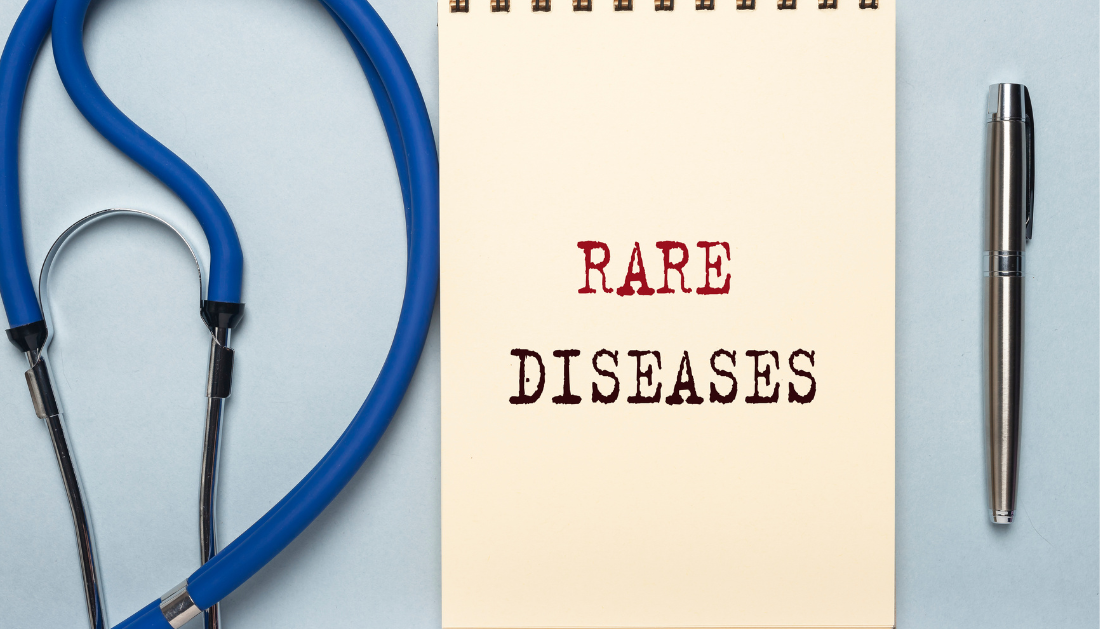

Rare diseases affect fewer than five in 10,000 people in the EU, yet their collective burden is immense. Most have genetic causes, making accurate diagnosis complex. However, a groundbreaking European initiative, Solve-RD, has transformed the landscape, diagnosing over 500 patients with rare disease through genetic reanalysis, as detailed in Nature Medicine.
Led by experts from Radboud University Medical Center, the University of Tübingen, and CNAG-CRG in Barcelona, this collaborative effort reexamined the genome data of 6,447 patients and 3,197 family members, addressing conditions like neurological disorders, hereditary cancers, and intellectual disabilities.
Key Highlights
- Comprehensive Reanalysis:
Leveraging cutting-edge techniques, researchers provided 506 families with diagnoses, offering clarity after years of uncertainty. - Actionable Insights:
For 15% of patients, the diagnoses suggested potential treatments or further actionable leads. - Unified European Framework:
By standardizing methods across countries, the initiative ensures equal diagnostic opportunities for patients regardless of location. - Scaling Up Efforts:
ERDERA, a follow-up alliance, aims to expand this work, analyzing 100,000 rare disease datasets and adopting advanced techniques like RNA sequencing and optical genome mapping.
Collaboration Fuels Success
The Solve-RD initiative’s success highlights the power of international teamwork. By uniting 300 experts from 12 countries, researchers developed a robust framework that:
- Utilized two-level expert reviews to ensure precision.
- Integrated multidisciplinary expertise, including genetics and data science.
- Overcame legal and logistical hurdles to harmonize methodologies across Europe.
A Beacon of Hope for Rare Disease Families
This initiative has brought relief to families who endured decades of uncertainty.
- Patient Stories:
One patient, undiagnosed for over 20 years despite multiple studies, finally received clarity through this reanalysis. - Broader Impacts:
Beyond diagnoses, the work sets a foundation for developing targeted treatments for previously unresolved cases.
Future Directions in Rare Diseases
With the establishment of ERDERA, researchers aim to:
- Expand datasets from 10,000 to 100,000 rare disease cases.
- Incorporate advanced technologies for faster, more accurate diagnoses.
- Bridge gaps in healthcare disparities through enhanced international cooperation.
Holm Graessner, Solve-RD coordinator, emphasized the milestone:
“This is a significant step forward in rare disease research, showcasing the immense potential of collaboration.”
More Information: Genomic reanalysis of a pan-European rare-disease resource yields new diagnoses, Nature Medicine (2025). DOI: 10.1038/s41591-024-03420-w
more recommended stories
 Nanoplastics in Brain Tissue and Neurological Risk
Nanoplastics in Brain Tissue and Neurological RiskKey Takeaways for HCPs Nanoplastics are.
 AI Predicts Chronic GVHD Risk After Stem Cell Transplant
AI Predicts Chronic GVHD Risk After Stem Cell TransplantKey Takeaways A new AI-driven tool,.
 Red Meat Consumption Linked to Higher Diabetes Odds
Red Meat Consumption Linked to Higher Diabetes OddsKey Takeaways Higher intake of total,.
 Pediatric Crohn’s Disease Microbial Signature Identified
Pediatric Crohn’s Disease Microbial Signature IdentifiedKey Points at a Glance NYU.
 Nanovaccine Design Boosts Immune Attack on HPV Tumors
Nanovaccine Design Boosts Immune Attack on HPV TumorsKey Highlights Reconfiguring peptide orientation significantly.
 Rising Measles Cases Prompt Vaccination Push in NC
Rising Measles Cases Prompt Vaccination Push in NCKey Highlights 15 confirmed Measles cases.
 High-Fat Diets Cause Damage to Metabolic Health
High-Fat Diets Cause Damage to Metabolic HealthKey Points Takeaways High-fat and ketogenic.
 Acute Ischemic Stroke: New Evidence for Neuroprotection
Acute Ischemic Stroke: New Evidence for NeuroprotectionKey Highlights A Phase III clinical.
 Statins Rarely Cause Side Effects, Large Trials Show
Statins Rarely Cause Side Effects, Large Trials ShowKey Points at a Glance Large.
 Anxiety Reduction and Emotional Support on Social Media
Anxiety Reduction and Emotional Support on Social MediaKey Summary Anxiety commonly begins in.

Leave a Comment